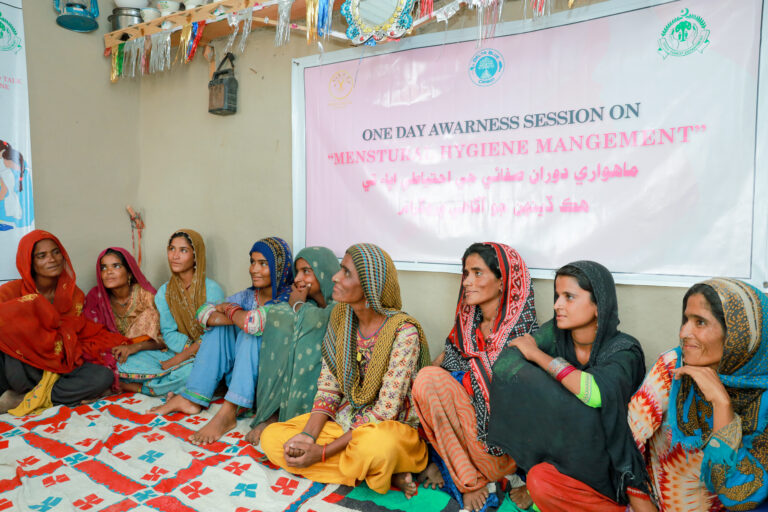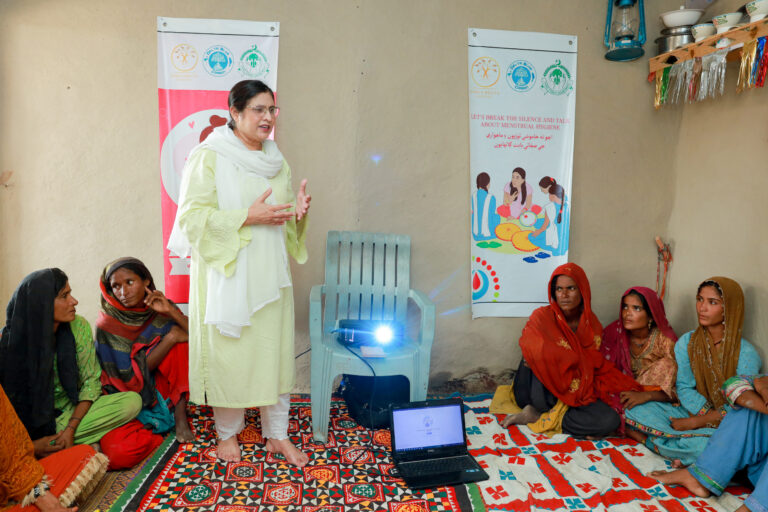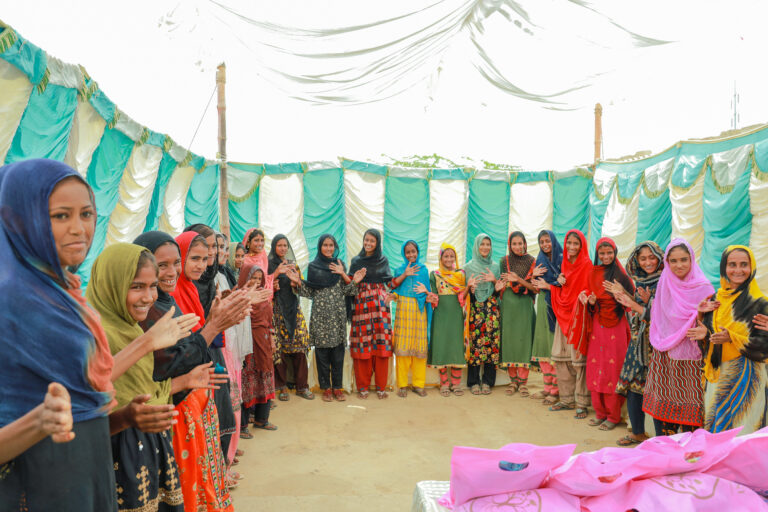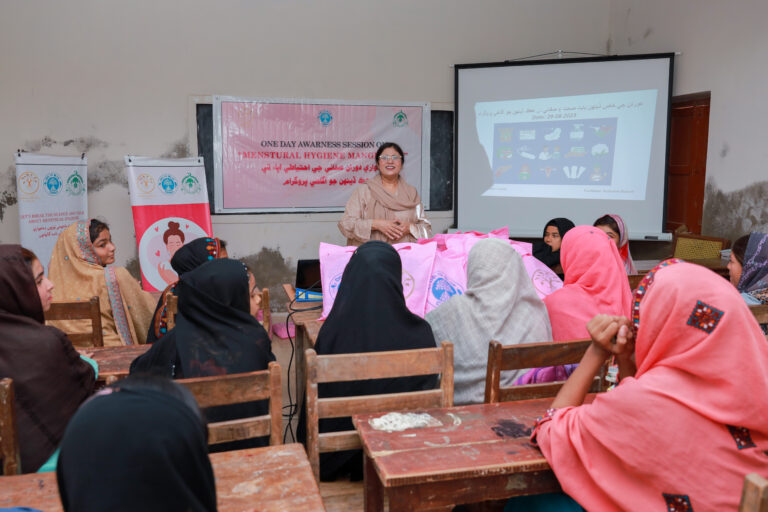Menstrual Hygiene Management (MHM)
Menstrual Hygiene Management (MHM)
The importance of Menstrual Hygiene Management (MHM) training in rural areas of Pakistan and coastal areas of Sindh Province cannot be overstated, as it not only addresses health and hygiene concerns but also yields profound social, economic, and educational benefits. In many rural communities across Pakistan, access to healthcare remains a significant challenge due to cost constraints and other barriers. Addressing this disparity is paramount, and our MHM training stands as a beacon of hope for these underserved populations.
The DBC-1 project is narrowing the gap between communities and quality healthcare in the Project Zone by organizing various training initiatives. Our MHM training, conducted on the 26th, 27th, and 28th of August, 2023, has empowered rural women and girls to mitigate the risks of reproductive tract infections and other health complications stemming from inadequate hygiene practices. This empowerment is crucial not only for their physical health but also for bolstering their self-esteem, mental well-being, and overall quality of life.
MHM is intricately linked to gender equality. When girls and women lack the means to manage their periods effectively, they may encounter discrimination and stigma, perpetuating gender disparities. Conversely, educating girls and women about MHM equips them to participate in income-generating activities and contribute meaningfully to their families’ financial stability, thereby alleviating poverty in rural communities. Furthermore, our MHM training initiatives have facilitated improved school attendance and reduced dropout rates, thereby fostering a more educated populace.
Embracing MHM represents a critical step towards achieving menstrual equity, wherein menstruation is acknowledged and supported as a natural aspect of life. By promoting MHM practices, we empower women and girls to navigate their menstrual cycles with confidence and dignity, enabling them to engage fully in daily activities and contribute to the socio-economic fabric of their communities.




